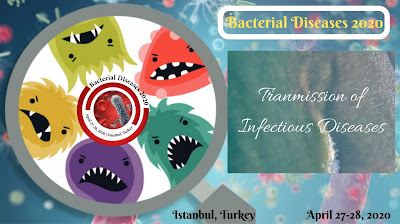Exciting discovery from Nicotiana alata leading to a new class of antibiotics
A new scientific discovery, has lead to the development of a new class of antibiotics and meet the challenge of rising antibiotic resistance.
Researchers Dr Mark Hulett and Dr
Marc Kvansakul from La Trobe Institute for Molecular Science has made major
discovery with the flowers of an ornamental tobacco plant. Their discovery is
that peptide NaD1 found in the flowers of Nicotiana alata has infection-killing
qualities.
Dr. Hullett said that
"Infectious diseases are a major global health threat, which accounts to
more than one in eight deaths and mortality rates”
"Antibiotic resistance will
eventually lead to the depletion of effective long-term drug options. It's crucial
that we develop new antibiotic treatments."
Dr. Hulett and Dr. Kvansakul along
with their team have shown in atomic detail how tobacco plant peptide can
target and effectively destroy the micro-organism responsible for a infection.
The peptide has the ability to
perforate the outer layer of Candida albican cells, ripping them apart thereby
causing them to explode and die.
"Another added value is that
they act in a different way to existing antibiotics by allowing us to explore
new ways of fighting infections.
"It is an exciting discovery
as a new class of commercially important, life-saving, antimicrobial treatment
to treat a wide range of infectious diseases could be possibly developed.
In 2014, Dr. Hulett and Dr. Kvansakul
also found that NaD1 could also be effective in killing cancer cells.
Candida albicans is the important
microbe that is responsible for causing infections in immune-compromised
patients, including those diagnosed with cancer and transplant recipients. Unfortunately
there are not many effective antibiotics available in the market to treat these
infections.
Nicotiana alata flowers have the
natural ability to produce potent antifungal molecules that provides protection
against illness and infections.




Comments
Post a Comment